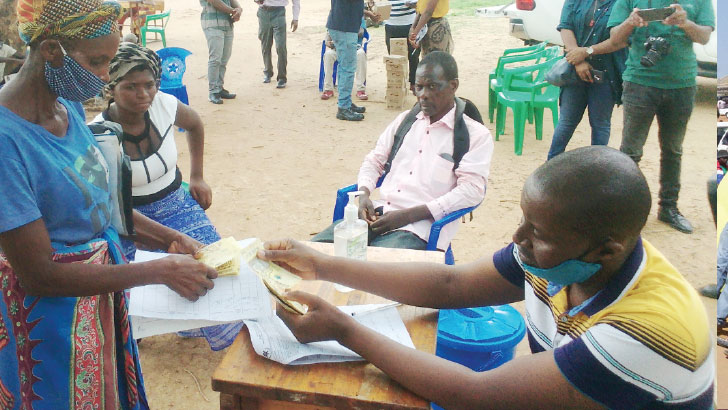UN questions social protection sustainability
The United Nations Joint Sustainable Development Goals (SDG) Fund says considering that social protection financing in Malawi is donor-dependent and fragmented, its sustainability is questionable.
In its paper titled Designing Sustainable Financing Solutions for Malawi, the UN agency said with more people expected to be thrown into poverty due to the Covid-19 pandemic, the social protection sector is moving towards becoming fully shock-sensitive as it grapples with key issues such as limited and fragmented funding and high levels of donor-dependence.
Reads the analysis in part: “Of the four government social protection programmes currently functioning in Malawi, the Social Cash Transfer Programme [SCTP], the Public Works Programme [PWP] , the Schools Meals Programme [SMP] and the Village Savings and Loans [VSLs] programme, the last two are fully funded by off-budget donor resources and only the first two are on-budget and receive some funds from the government.”

It said despite the steady increase of the government’s contributions, 93 percent of on-budget funding for social protection in 2019/20 fiscal year came from donors [92 percent is projected for 2020/21].
The SCTP is Malawi’s social protection flagship programme both in terms of outreach and budget.
As of 2019, the SCTP reached an estimated 282 213 beneficiary households, benefitting approximately 1 194 473 individual members.
As of 2019, the SCTP covered about seven percent of the population and its coverage is limited to the 10 percent poorest of the population in each district.
The current average SCTP monthly transfer value of about K9 000 equals about 25 percent and 15 percent of the monthly equivalents of the national extreme and moderate poverty lines, respectively.
UN figures show that in relative terms, the government has been contributing an average of five percent to the funding of the SCTP between fiscal years 2017/18 and 2018/19, with 95 percent of the SCTP resources coming from donors.
In its recent Malawi Economic Monitor, the World Bank highlighted the need for the Malawi government to pay attention to poverty reduction policies such as social cash transfers as a means of reducing poverty levels and fiscal challenges, which have been worsened by the Covid-19 pandemic.
Minister of Gender, Community Services and Social Welfare Patricia Kaliati earlier said government intends to offer training to the SCTP beneficiaries on how to save and invest, observing that some individuals are failing to use the money for their intended purposes.






One Comment